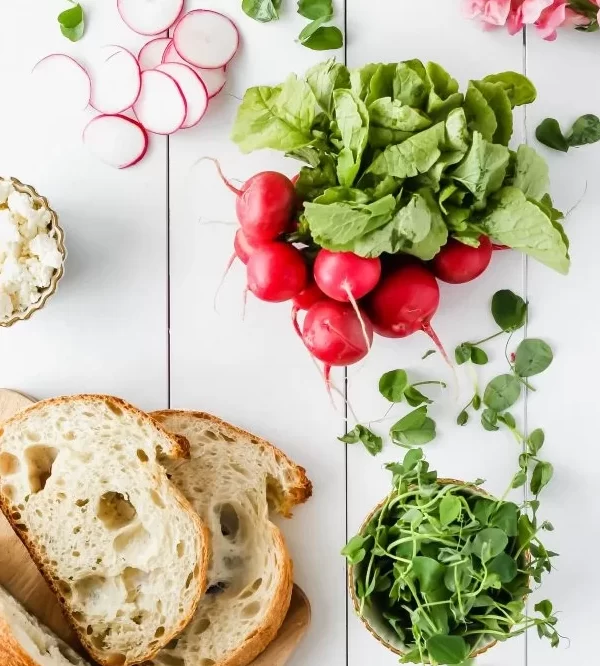Empathy, adaptability, and patience are three strengths that distinguish exceptional caregivers.
This is a shared belief in the online community, which I agree with wholeheartedly.
By embodying these qualities, caregivers not only meet the physical needs of the people we care for but also provide emotional support, foster meaningful connections, and enhance overall well-being.
However, I know from experience that caregivers also feel stressed, sad, anxious, angry, and lonely – often daily.
And the tried and tested thing that helps us get through hard days is practicing mindfulness.

Practicing mindfulness and its benefits
Mindfulness helps us stay in the present to manage negative emotions and build emotional strength. This, in turn, allows us to care for our loved ones more effectively.
By practicing mindfulness, I reduce stress and burnout, stay focused, and respond to challenging situations with more patience and compassion.
It also improves my overall well-being.

Ideas and suggestions
To give it a try or explore other practices to complement what you do already, here are some mindfulness activities that can be tried:
- Be present – try to be fully present with your care partner, even when busy. You can engage your senses by listening, watching, and feeling. You can also practice mindfulness when you take a break by sipping a warm or cold drink and noticing a moment of quiet, your surroundings, nature, or your own tiredness.
- Deep breathing – slow, deep breaths using your diaphragm can help you pause from stressful events and become more aware of the present moment. For more on this, check out this blog on the Transformational Breathing technique.
- Gratitude – start or end your day with a gratitude routine by naming one thing you are grateful for, such as family, food, or love. I love waking up on a sunny morning, feeling healthy without ailment, unlike previous occasions where I’ve had chronic asthma, compounded by a severe chest infection, or back problems triggered by sciatica. On these good mornings, I am grateful for my health, fitness, and energy to take on the day.

- Be kind to yourself – do something healthy, absorbing, and renewing that you enjoy, like listening to music or going for a run. Personally, I love practicing self-care by indulging in ‘me time’ in the evening and kick-starting this daily with a rejuvenating shower to wash the day away. Check out other self-care ideas here.
- Engage your senses – listen to what’s going on in the room, watch the light coming through the window, observe nature in the garden, people watch out of a window, daydream, and feel the warmth of your loved one’s hand. Be present when you’re taking a break, too. Let yourself be aware of a moment of quiet or even your own tiredness. Read more about the 5, 4, 3, 2, 1 exercise.
The theorised benefits are vast but not without merit. There’s evidence that mindfulness lowers blood pressure, improves sleep, and helps people cope with pain.
I find it true that practicing mindfulness and focusing on the present positively impacts my health and well-being, helping to reduce anxiety. For more on this, read my blog on 6 natural ways to deal with anxiety.
It also boosts my self-control, objectivity, tolerance, flexibility, stability, concentration, mental clarity, emotional intelligence, and empathy.
On this last point regarding empathy, I believe our ability to relate to others and ourselves with kindness, acceptance, and compassion is the best virtue of a caregiver and what makes us exceptional.

For more feel good reads, here are a few powerful affirmations I like to use to think and feel well – with love from one caregiver to other caregivers x
For professional guidance from the National Health Service (NHS), check all the helpful online advice here.



